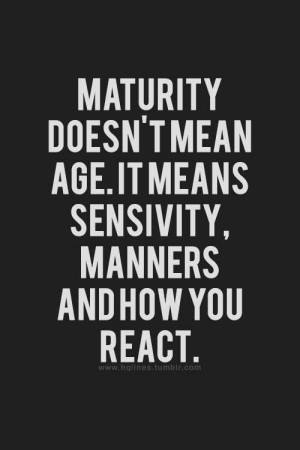 A religious sister with a background in psychology and spirituality writes in the Kyeongyang magazine on the spirituality of the elderly. As a child, she thought the aged knew everything and in elementary school, she listened to their every word. She would one day reach that stage. But as she grew into her teens, instead of trust in the elderly she began having doubts, questions, and disappointments.
A religious sister with a background in psychology and spirituality writes in the Kyeongyang magazine on the spirituality of the elderly. As a child, she thought the aged knew everything and in elementary school, she listened to their every word. She would one day reach that stage. But as she grew into her teens, instead of trust in the elderly she began having doubts, questions, and disappointments. This is true very likely for most of the young people who enter society as adults. As they begin they are faced with great hopes but meet disappointments, frustrations. and discord and realize that they are now adults. They understand that becoming adults does not guarantee maturity.
Age has many different meanings. Biological age is what we see inscribed on a tombstone and the age in which society uses to determine when you go to school, legally drink alcohol, get a driving license, and can vote.
There are other meanings for the word, age. They have now reached the age of discretion. This is the age that society expects one to reach. Confucius expressed this very well: At 30 he planted his feet firmly upon the ground, at 40 he no longer suffered perplexities, at 50 he knew the bidding of heaven, at 60 he heard with a docile year. This is what society hopes from age.
The way one deals with age is different for each person. The body, work, connection with others, and a person's inner qualities change. One has feelings of dejection, anger, aggressiveness, and at times one shows great vigor. Internal and external changes are different for each person. She has several older siblings and each one is dealing with the coronavirus situation in different ways.
One brother after retiring, to help the family financially continued working in another job but because of the virus had to stop and it was shortly after that his children left the household for other parts of the country because of their jobs. The grandchildren went with the families which brought loneliness to the grandfather and grandmother. They were no longer relating to a large family but the two of them were left in an empty house with fear not knowing when the pandemic was going to end.
After six months of this kind of living a change, a transition appeared. He was from an old Catholic family and took his religion as a matter of habit and now he began to question: What does it mean to live? He began to search for meaning in life. After much vacillation and fear, he came to a new decision. He began to read the Bible seriously and attended internet Mass daily and a feeling of being at peace began to enter his life. The diocesan cemetery was close by and would go there for walks and visit the graves of those he knew with a prayer in his heart. He began to realize that this was going to be his home in the future and was filled with great peace.
Jean-Luc Hétu and other scholars in the field of gerontology see the need for the old to examine their inner life. When it comes time to give up all work because of the bodily condition the aged need to expand their inner life and their inner strength. This inner life needs to increase in maturity. This is where the religious and spiritual aspects of life and strength need to be cultivated and the feeling of helplessness and fear abandoned and peace, simple hope, and a closeness to God experienced.
This 'inner age' transcends the biological age, legal and social age and we have the fruit of old age with joy, peace, and hope. In conclusion with age, we grow in religious faith, participate in the hope of our Lord's resurrection. We begin living life in a new dimension, helped by all the martyrs, saints that have preceded us.